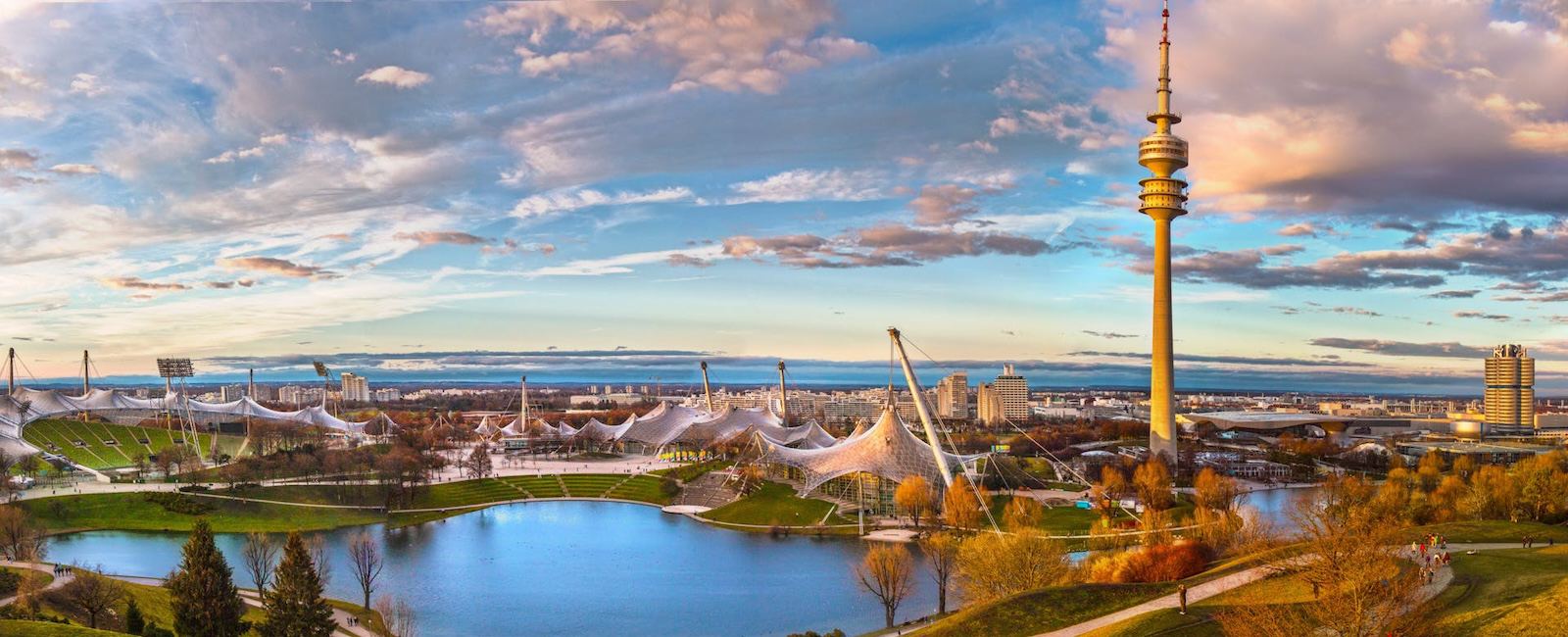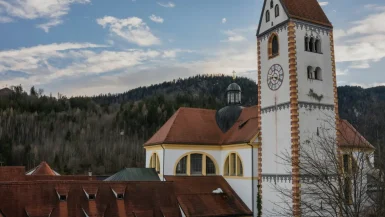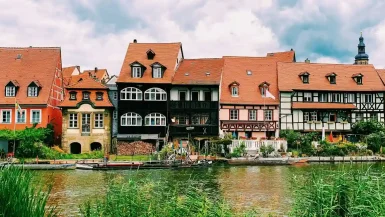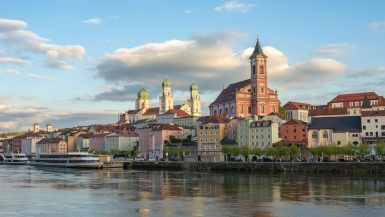Munich, the vibrant capital of Bavaria, is a city where tradition meets modernity. Known for its rich history, stunning architecture, world-renowned beer culture, and beautiful parks, Munich offers an array of attractions and experiences for every traveler. Whether you’re a history buff, an art enthusiast, a foodie, or someone who loves the great outdoors, Munich has something special for you. In this blog post, we’ll take you on a journey through some of the must-see sights and experiences that make Munich an exceptional destination.
A Glimpse into Munich’s History
Munich’s history dates back to 1158, when it was first mentioned as a settlement called “Munichen,” meaning “by the monks.” This name is a nod to the Benedictine monks who founded the city. Duke Henry the Lion of Saxony and Bavaria is credited with founding Munich after he destroyed a toll bridge near the town of Föhring and established his own market and bridge over the Isar River.
Over the centuries, Munich grew in importance and influence. In 1255, it became the seat of the Wittelsbach dynasty, which ruled Bavaria for more than 700 years. Munich was officially granted city status in 1314, and it continued to flourish as a cultural and economic center.
The 16th century brought significant changes as Munich became a major hub of the Counter-Reformation. The city’s architecture flourished under the influence of the Baroque and Rococo styles, evident in many of its historic buildings. During the 19th century, under King Ludwig I, Munich became a cultural capital, with the establishment of many museums, theaters, and art galleries that still draw visitors today.
Munich faced challenges during the 20th century, particularly during World War II, when much of the city was destroyed by Allied bombings. However, the city was meticulously rebuilt, preserving its historic charm while incorporating modern elements. Today, Munich stands as a testament to resilience, blending its rich historical heritage with contemporary advancements.
Historical and Cultural Treasures
Marienplatz
At the heart of Munich lies Marienplatz, the city’s central square since 1158. It’s a bustling hub surrounded by historical buildings, shops, and cafes. The square is dominated by the Neues Rathaus (New Town Hall), an architectural masterpiece with its famous Glockenspiel. Every day at 11 a.m., 12 p.m., and 5 p.m., the Glockenspiel chimes and reenacts historical Bavarian events with life-sized figures, a spectacle that draws crowds from all over the world.
Frauenkirche
A short walk from Marienplatz brings you to the Frauenkirche (Cathedral of Our Dear Lady), Munich’s most iconic landmark. Its twin towers, which are a distinctive part of the city’s skyline, offer a panoramic view of Munich and the Alps on a clear day. The cathedral itself, with its vast and airy interior, is a testament to Gothic architecture and is steeped in history.
Residenz
Munich’s Residenz is one of Europe’s most significant palaces. Once the home of Bavarian monarchs, this grand complex now houses a museum showcasing opulent rooms, art collections, and historical artifacts. Visitors can explore the Renaissance courtyards, Baroque theaters, and the stunning Antiquarium hall.
Art and Museums
Alte Pinakothek
Art lovers will be enchanted by Munich’s museums, particularly the Alte Pinakothek, which boasts one of the world’s most important collections of European paintings from the Middle Ages to the end of the Rococo. Works by masters such as Dürer, Rubens, and Rembrandt can be found here.
Deutsches Museum
For those interested in science and technology, the Deutsches Museum is a must-visit. It’s the largest museum of its kind in the world, offering interactive exhibits on topics ranging from aerospace to musical instruments.
BMW Museum
Automobile enthusiasts should not miss the BMW Museum. Located near the Olympiapark, this museum offers a comprehensive look at the history of BMW, showcasing vintage models, concept cars, and the company’s technological innovations.
Parks and Outdoors
Englischer Garten
Munich is home to one of the largest urban parks in the world, the Englischer Garten. Spanning 910 acres, it offers picturesque landscapes, meandering streams, and serene lakes. Visitors can relax in the sun, enjoy a traditional beer at the Chinesischer Turm beer garden, or even watch surfers ride the waves on the Eisbach River.
Olympiapark
Built for the 1972 Summer Olympics, Olympiapark remains a focal point for sports and recreation in Munich. Visitors can explore the futuristic architecture, enjoy panoramic views from the Olympic Tower, and participate in various activities, from zip-lining to ice skating.
Culinary Delights
Hofbräuhaus
No trip to Munich would be complete without experiencing its legendary beer culture. Hofbräuhaus, the world’s most famous beer hall, offers a lively atmosphere where you can enjoy traditional Bavarian dishes such as pretzels, sausages, and roast pork, all washed down with a stein of Hofbräu beer.
Viktualienmarkt
For a taste of local produce and specialties, head to Viktualienmarkt, Munich’s bustling food market. Here, you can sample cheeses, sausages, and fresh fruits, or enjoy a meal at one of the many food stalls and beer gardens.
Dallmayr Delicatessen
For a more upscale culinary experience, visit Dallmayr Delicatessen, one of the most famous gourmet food stores in Europe. Located near Marienplatz, Dallmayr offers an exquisite selection of delicacies, including fine chocolates, premium coffees, freshly baked pastries, and an extensive range of wines and spirits. The store’s history dates back to the 17th century, and it continues to be a symbol of luxury and quality.
Festivals and Events
Oktoberfest
Munich is synonymous with Oktoberfest, the world’s largest beer festival, which attracts millions of visitors each year. Held from late September to the first weekend in October, this 16-day festival is a celebration of Bavarian culture, featuring traditional music, folk costumes, and, of course, plenty of beer.
Christmas Markets
During the festive season, Munich transforms into a winter wonderland with its famous Christmas markets. The largest and oldest, located at Marienplatz, offers an array of handcrafted gifts, festive decorations, and seasonal treats like gingerbread and mulled wine.
Tollwood Summer Festival
Another highlight of Munich’s vibrant festival scene is the Tollwood Summer Festival. Held in Olympiapark from late June to mid-July, this eco-friendly festival is a celebration of music, theater, and international cuisine. With its eclectic mix of live performances, art installations, and craft markets, Tollwood offers a unique cultural experience. The festival’s commitment to sustainability and social awareness makes it a standout event in Munich’s annual calendar.
Conclusion
Munich is a city that effortlessly blends the old with the new, offering a rich tapestry of experiences that cater to all interests. From its historical landmarks and world-class museums to its vibrant beer gardens and stunning parks, Munich is a destination that promises to captivate and charm. Whether you’re planning a short visit or a longer stay, the Bavarian capital invites you to explore its many treasures and create unforgettable memories.
Pack your bags and get ready to discover the magic of Munich!



